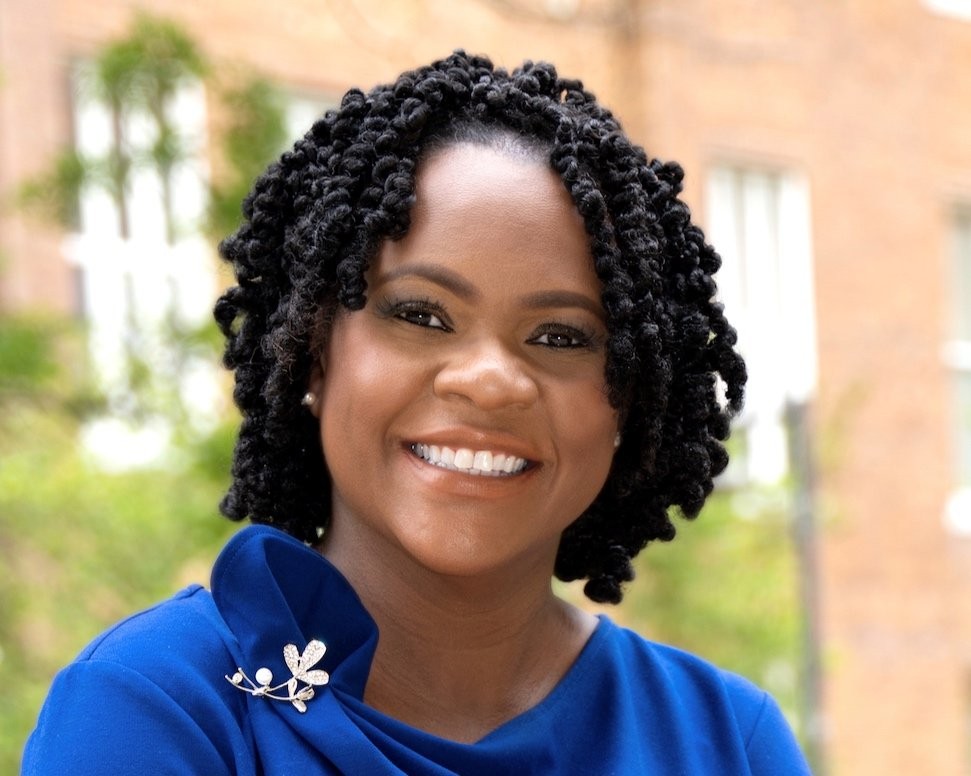Why Black women are rising to lead top theology schools

At Mount Holyoke College, the oldest of the Seven Sisters colleges, Danielle R. Holley was recently appointed as the school’s 20th president. At Boston University, Melissa Gilliam was recently appointed as its president. At Harvard, the oldest institution for higher learning in the United States, Claudine Gay was recently inaugurated as well. All three are the first Black person to lead their institutions. Gilliam is BU’s first woman president.
Fewer than 5 percent of Ph.D.s in the United States are awarded to Black women, according to a National Science Foundation survey, and institutions of higher learning face a dearth of representation of Black women in leadership positions. But slowly, Black women are stepping into positions of power, overcoming the racism and sexism that stymied many who came before them.
Nowhere has the trend become more evident than at the country’s divinity schools. The development goes back a decade, when Emilie Townes broke the color barrier at Vanderbilt University when she was appointed to lead its divinity school. Most recently, Marla Frederick was appointed to serve as the first Black woman dean at Harvard Divinity School.




